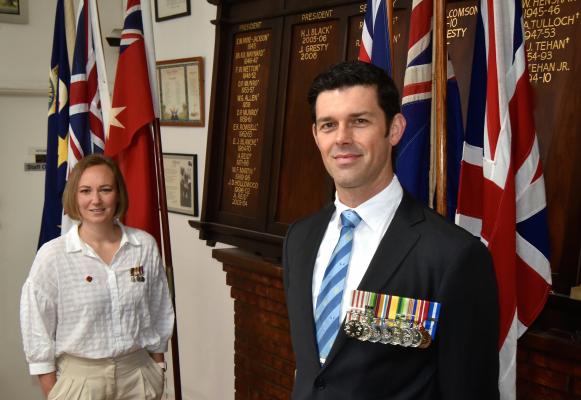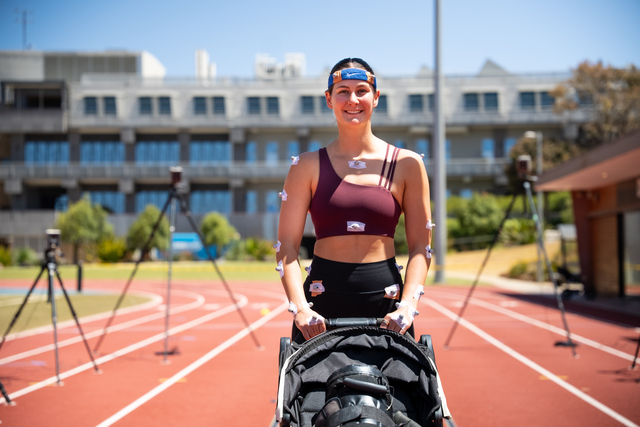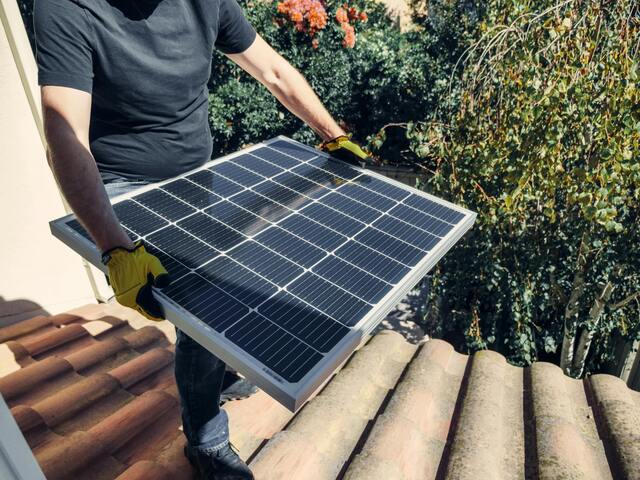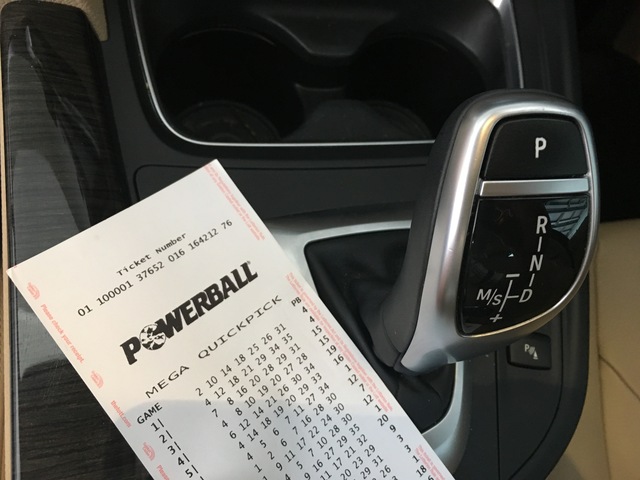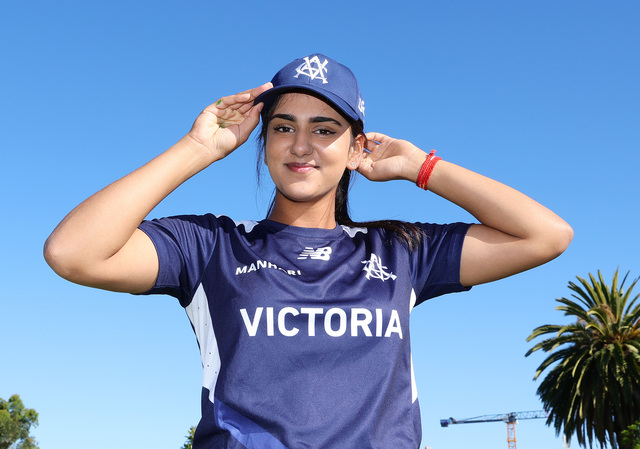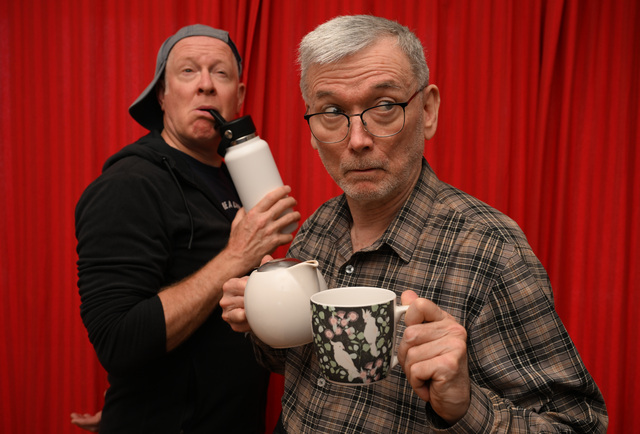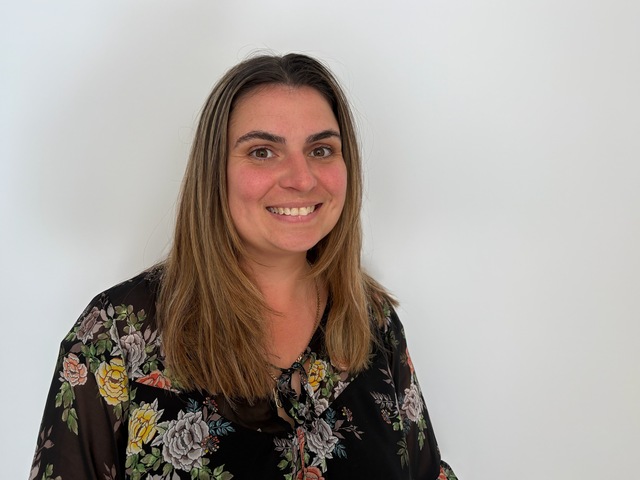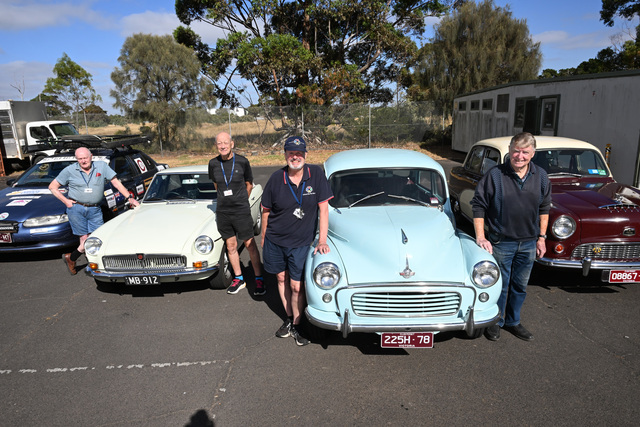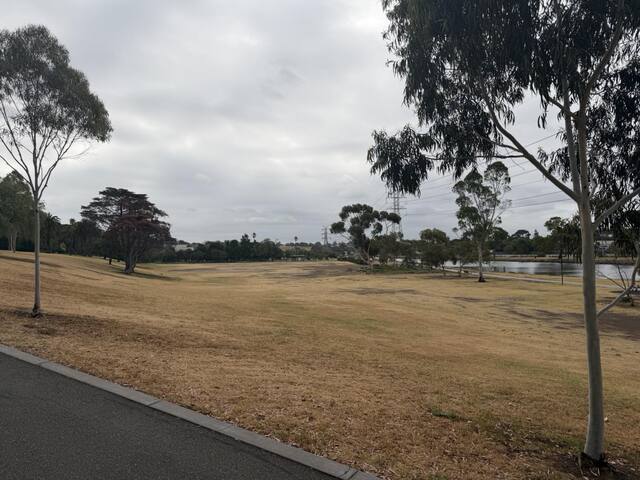Australia’s most elite troops say this Remembrance Day the COVID-19 global pandemic has shone a different light on the meaning of sacrifice.
Recently retired SAS Major Mark Bainbridge, who spent most of his 22 years’ service in the special forces on multiple tours to the Middle East, said this year had brought into perspective the meaning of real hardship.
“I think Remembrance Day this year helps keep perspective on things,” the Newport RSL member said.
“If you think back, all those generations, and saw the commitment and sacrifice they made over a number of years … they were so resilient.
“I think, in the light of today’s current global crisis, it really helps me keep perspective on current times versus some real hardships that people have been through before.”
Major Bainbridge said he also reflected on those who made the ultimate sacrifice.
“I’ve had a lot of my mates and colleagues killed in action,” he said.
“Of the 41 Australians who have lost their lives overseas in the last few decades, I do know a lot of them and their families.
“So, I usually get in touch with their families and let them know we’re thinking of them.”
Fellow Newport RSL member, Lieutenant Rebecca Hogan followed her parents’ footsteps into the British navy full-time in 2002.
She transferred from the UK military into the Australian navy in 2013, predominantly flying helicopters off the back of ships.
“In the UK, we don’t have Anzac Day so Remembrance Day is our primary day to remember our war heroes and the armistice,” she said.
“I do have many generations of family in the forces so, for me, remembrance revolves around family.
“I’ve been the one away deployed but I’ve also been the child with the parent deployed and seen the struggles that mum went through.
“When dad was away doing his bit, she had to step up and be both parents to two children as well.
“So, for me, Remembrance Day is as much about remembering the sacrifices that families have made in sending their loved ones away to the campaigns, as much as the service of the individuals themselves.
“I think being ADF helped me cope with COVID a lot more … I remember my dad saying to me when we went into the first lockdown, just treat it like a deployment.”

